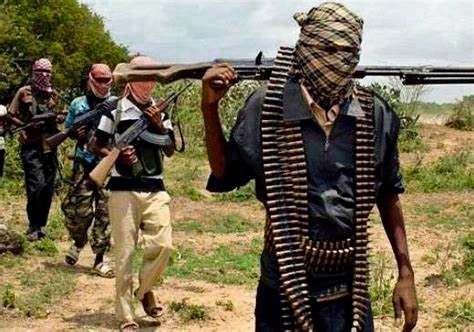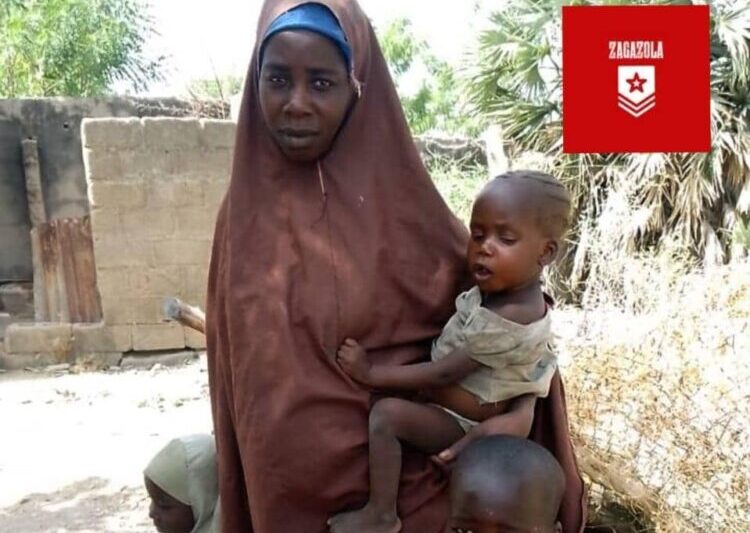Authorities have confirmed that at least 160 people died when an overloaded boat capsized on the Niger River in Kebbi State in northwest Nigeria on Wednesday, May 26.
Yusuf Birma, the area manager of the National Inland Waterways Authority (NIWA), said there were about 200 passengers on board the boat, 20 of whom had been rescued.
The boat capsized at Corner Libata in the Ingaski Local Government Area of Kebbi State about 30 minutes after leaving Loko Mina in Niger State.
Most of the passengers were said to be traders who were heading to a market in Kebbi State.
Birma said the boat reportedly broke into two pieces, adding that it was made of wood and it was “old and very weak”.
But, he said, no one had listened when they were told to reduce the number of passengers in the boat, which was also carrying 30 Bajaj motorcycles.
Local district administrator Abdullahi Buhari Wara said the boat was also loaded with bags of sand from a newly discovered gold vein in Niger State.
Abubakar Shehu, a local official supervising the rescue operation, told news agency AFP that 45 bodies had been found but the search for more bodies was continuing.
President Muhammadu Buhari said on Wednesday that the accident was “devastating”.
Niger governor Sani Bello expressed concern over the tragedy.
He sent his condolences to the families, relatives and close associates of those who died, urging them to accept it as “an act of God”.
He was quoted as saying: “I sympathise with the relatives of the victims of the boat that capsized. Please take solace in the fact that Allah gives and takes and knows why He permits incidents like this to happen.”
Bello said he was praying for the quick recovery of the injured and traumatised victims.
Qasimu Umar Wara told news agency Reuters: “The boat was overloaded. My brother is among those missing. This is the worst boat accident that has happened in this water.”








